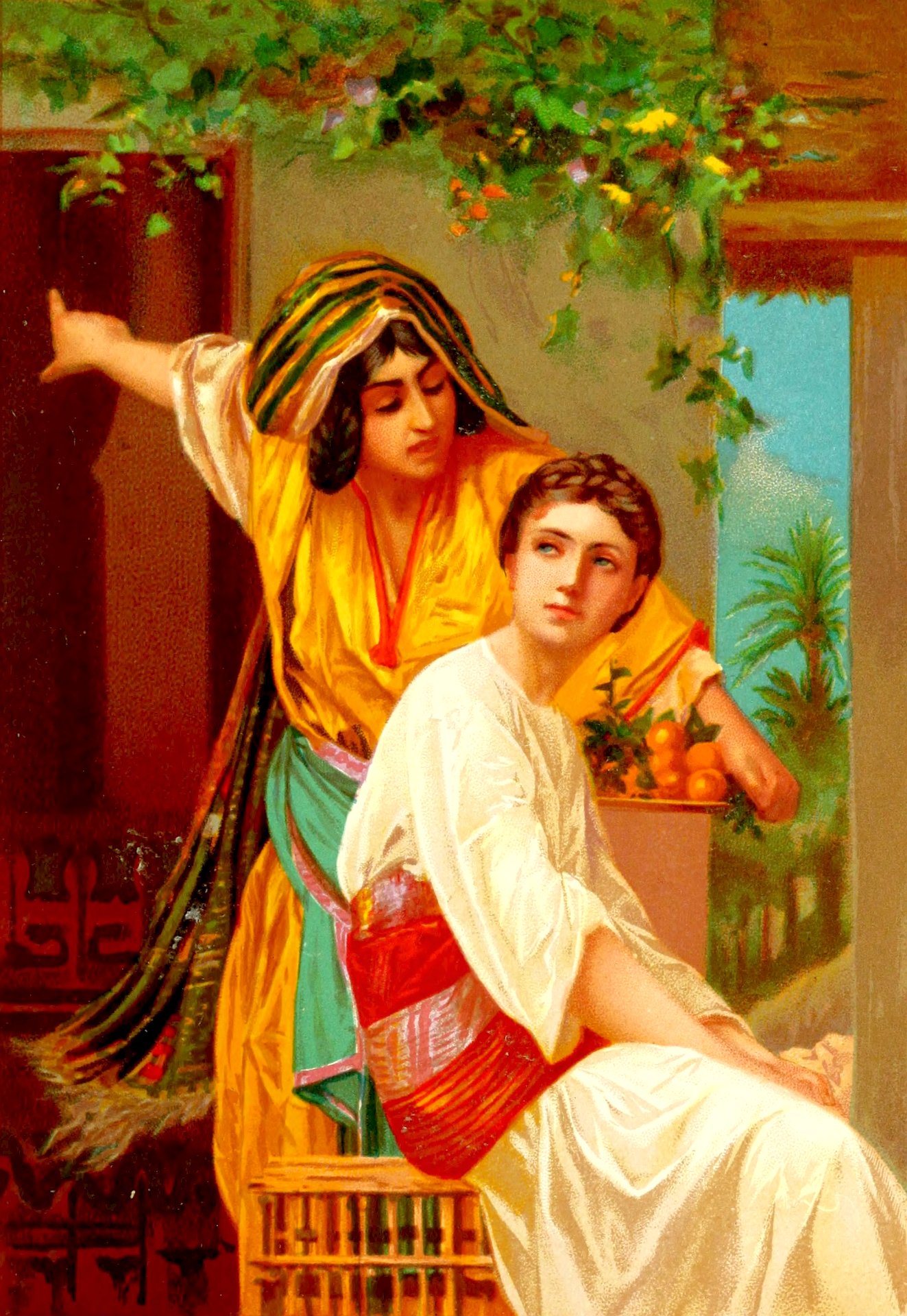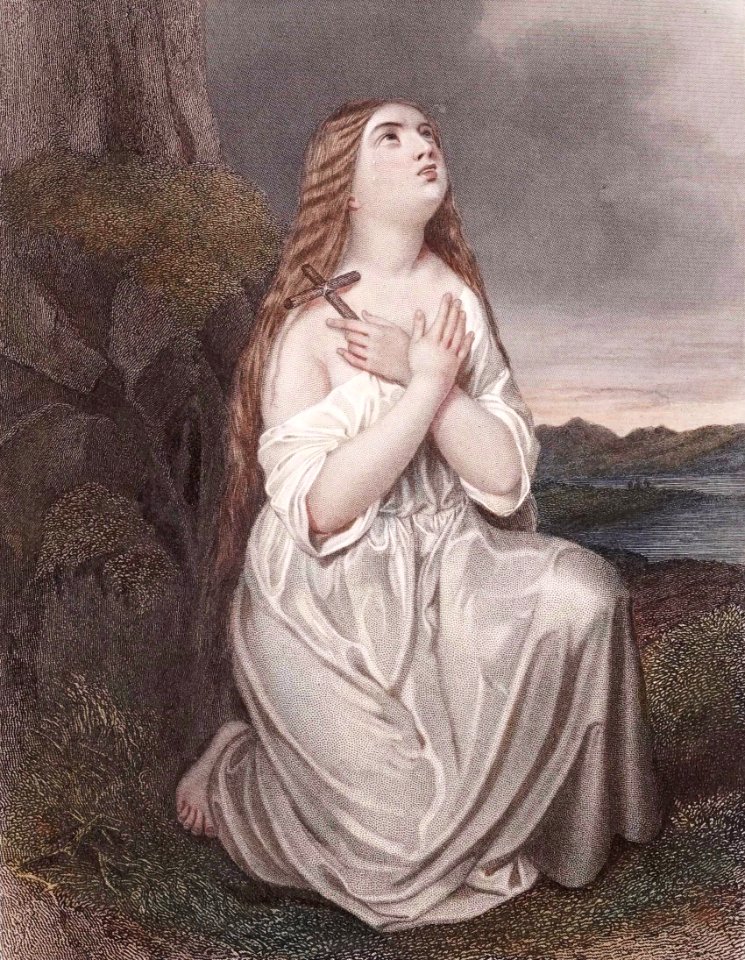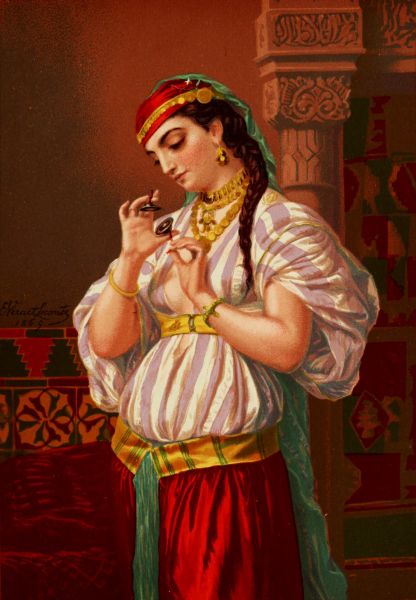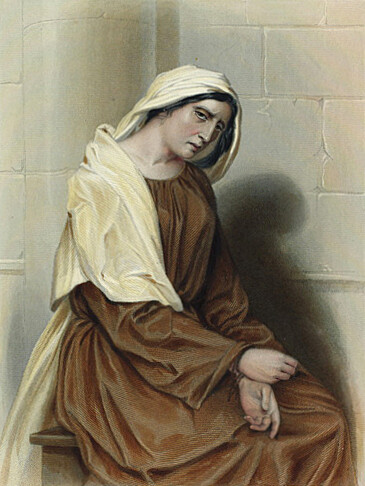The Pittsburgh Press (March 9, 1946)
Women of the Bible, No. 21 –
Mary and Martha story recorded by Luke
By the Religious News Service

Mary and Martha, the two sisters of Bethany, have had for ages a name and a living power in the Church. By some, Martha is viewed as the secular Christian, serving God in and through the channels of worldly business, and Mary as the more peculiarly religious person, devoted to a life of holy meditation and the researches of heavenly truth.
Luke records the manner in which the first acquaintance with this family was formed: “And a certain woman named Martha received him into her house. And she had a sister called Mary, which also sat at Jesus’ feet, and heard his word. But Martha was cumbered about much serving, and came to him, and said, Lord, dost thou not care that my sister hath left me to serve alone? bid her therefore that she help me. And Jesus answered and said unto her, Martha, Martha, thou art careful and troubled about many things; But one thing is needful; and Mary hath chosen that good part which shall not be taken away from her.”
It was not the Saviour’s intention to encourage and defend in Mary a selfish, sentimental indulgence in her own cherished emotions and affections, leaving the burden of necessary care on a sister who would have been equally glad to sit at Jesus’ feet. Instead, he sought to point out that Martha, engrossed in a thousand cares, burdened herself with a weight of perplexities of which there was no need, and found no time and had no heart to come to him and speak of the only, the one thing that endures beyond the present world.
The subsequent story shows that Martha was a brave, sincere, good woman, capable of yielding to reproof and acknowledging a fault. In the scene in which Christ raises Lazarus from the dead, the dignity and worth of Martha’s character is revealed.
Martha had grown more spiritual by intercourse with the Master, and as she falls at Jesus’ feet, the half-complaint which her sorrow wrings from her is merged in the expression of her faith.
“Lord, if thou hadst been here my brother had not died; but I know that even now, whatsoever thou wilt ask of God, God will give it to thee. Jesus saith unto her, Thy brother shall rise again.”


